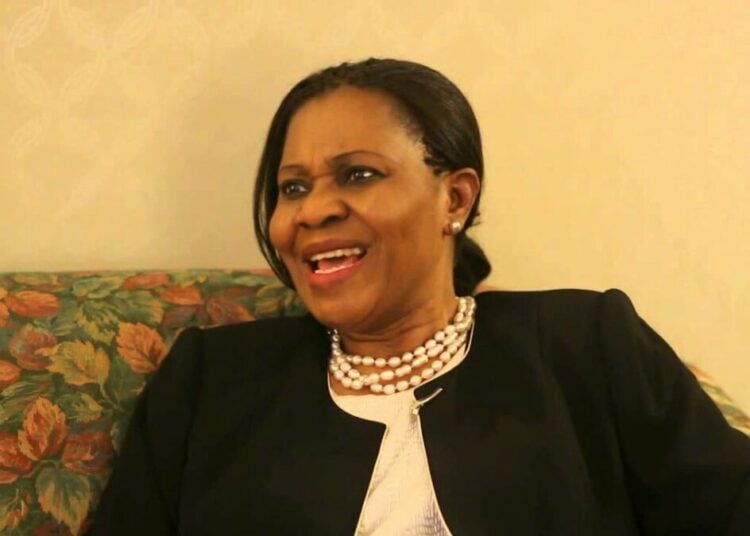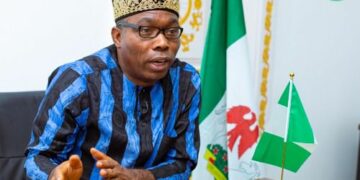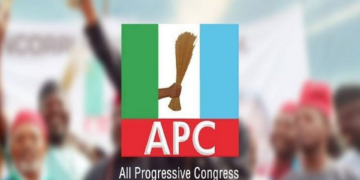An academic, author, and former presidential aspirant under the National Rescue Movement (NRM), Professor Benedicta Egbo, has urged the establishment of robust public-private support networks to improve the political fortunes of women in Nigeria.
In a statement issued to journalists yesterday in Abuja, she emphasised that meaningful progress in Nigeria’s democracy cannot be achieved without the full inclusion of women in governance and public decision-making.
Professor Egbo described Nigeria as being at a “critical historical juncture ” and argued that the country’s advancement requires gender-inclusive governance that goes beyond symbolic gestures.
“Achieving the country’s promise as a thriving nation demands that women be recognised as equal partners in shaping the nation’s destiny,” she stated.
Her remarks align with growing calls from civil society and political stakeholders for broader electoral opportunities for women ahead of the 2027 general elections.
Egbo called on the National Assembly to urgently enact legislation that mandates greater female representation in political offices, describing it as a “patriotic imperative for national unity, equity, and fairness.”
She further proposed systemic reforms, including removing economic barriers to campaign finance, combating gender-based violence, dismantling cultural impediments, and promoting mentorship and political literacy among women.
“No profound social change or sustainable development can take place in Nigeria without women being central to the process,” she said, warning that excluding women from politics is akin to excluding half the population from nation-building.
Egbo also pushed for legally binding affirmative action measures, including reserving between 30% and 35% of seats in the national and state assemblies for women.
She stressed that while quotas are not a panacea, they represent a necessary first step toward long-term empowerment and gender equity in governance.
Despite various policy attempts over the years, she lamented that women continue to be marginalised in Nigerian politics.
“The country still lacks a substantive affirmative action law that ensures equitable gender representation,” she said, referencing repeated failures by the National Assembly to pass gender equality bills.
Citing constitutional provisions such as Section 40 of the 1999 Constitution (as amended), which guarantees every citizen the right to political association, Egbo highlighted the disconnect between constitutional rights and the lived political realities of Nigerian women.
Backing her argument with data, she noted Nigeria’s consistent underperformance in female political representation across successive legislative assemblies: “7th National Assembly (2011–2015), Women held 8 of 109 Senate seats (7.3%) and 25 of 360 House seats (6.9%).
“8th Assembly (2015–2019), 7 Senate seats (6.4%), 20 House seats (5.6%), 9th Assembly (2019–2023), 8 Senate seats, 13 House seats, 10th Assembly (2023–2027), Only 3 Senate seats and 17 House seats—just 4.2% of the 469-member National Assembly.
“More recently, as of July 2025, the Inter-Parliamentary Union (IPU) ranked Nigeria 177th out of 181 countries globally, with women occupying only 3.9% of House seats and 2.8% of Senate seats.
“This trajectory is deeply concerning,” Egbo said. “At a time when other African nations such as Rwanda (61.3%), Senegal (41.2%), South Africa (44.6%), Namibia (32.6%), and Mozambique (39.2%) are making significant gains, Nigeria is moving backwards.”
She stressed that political exclusion of women undermines democratic progress and hinders development, noting that inclusive governance has become a global standard, not a luxury.
“Without women at the table, their interests cannot be effectively protected or advanced,” she added.











